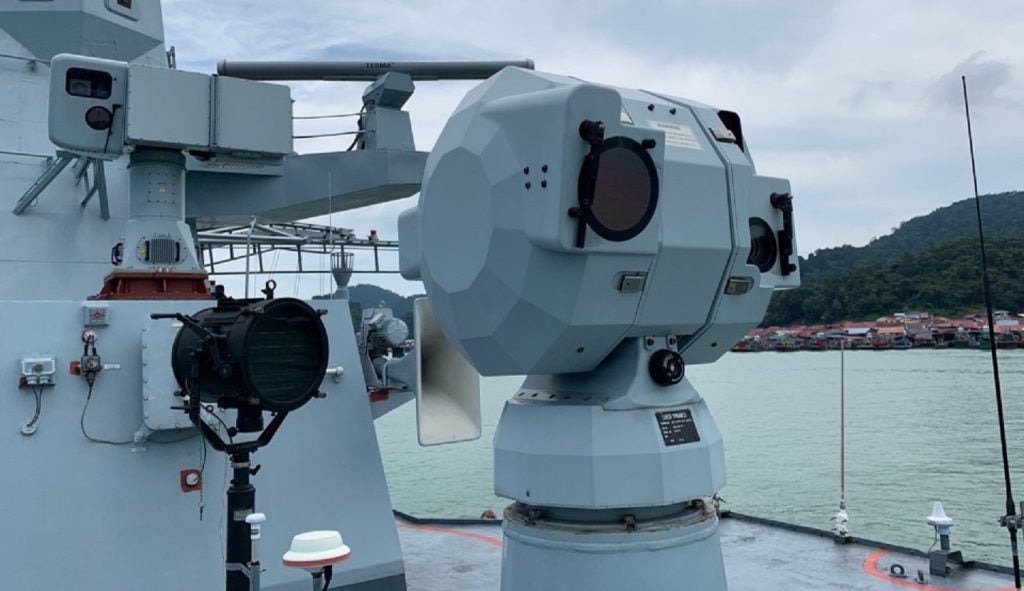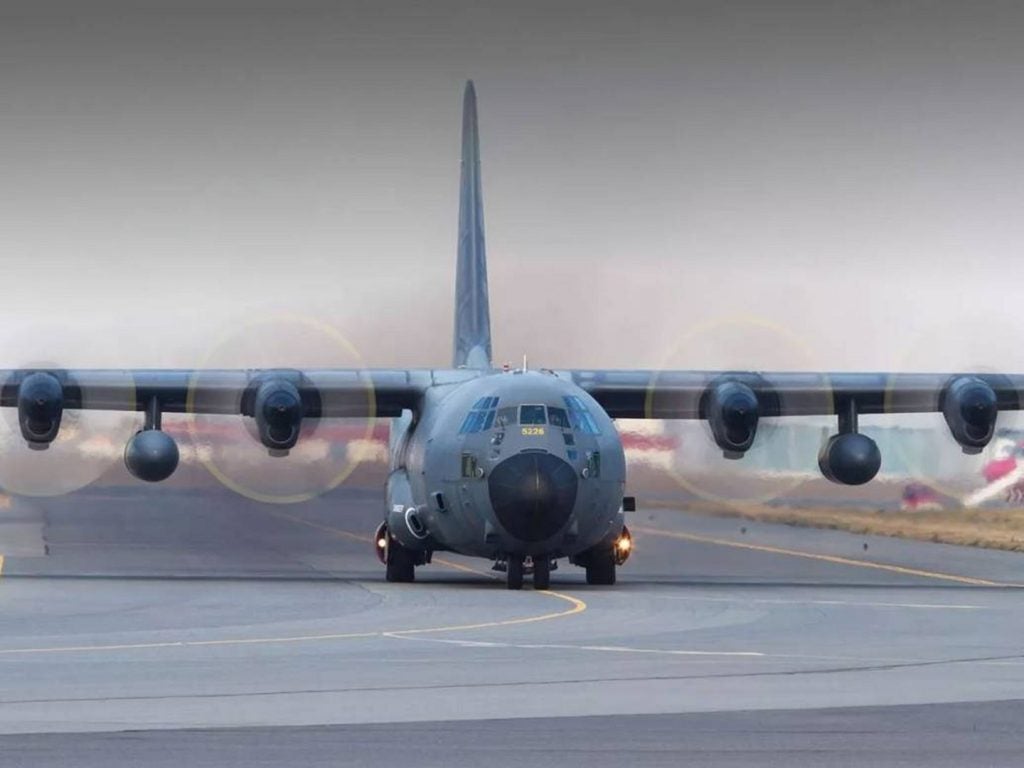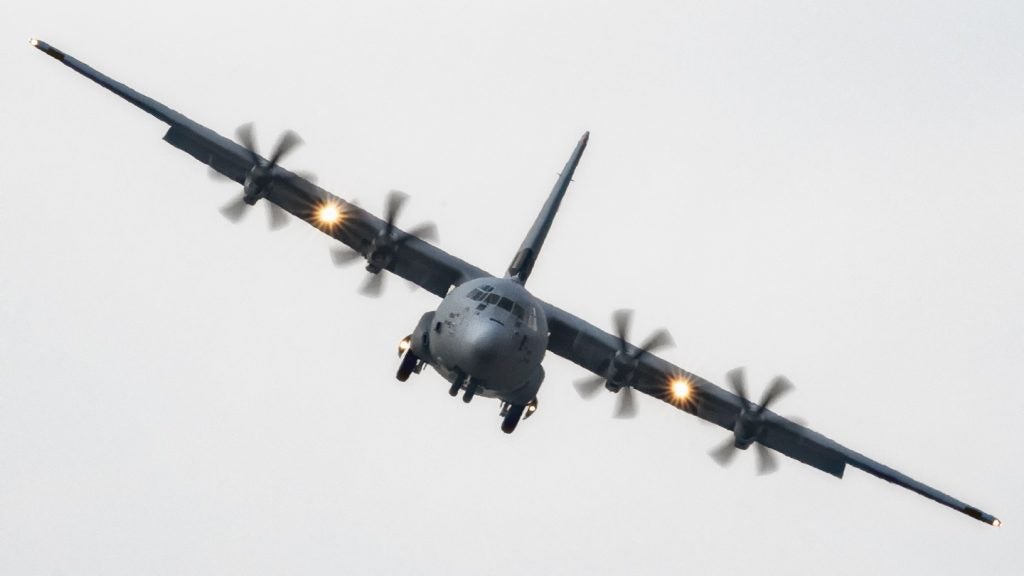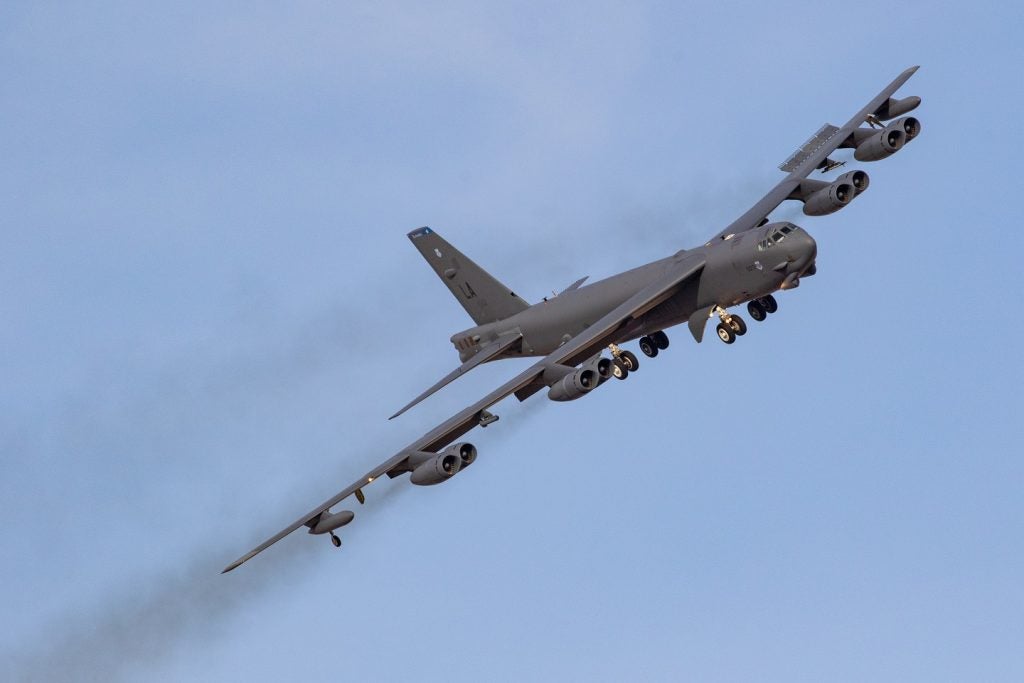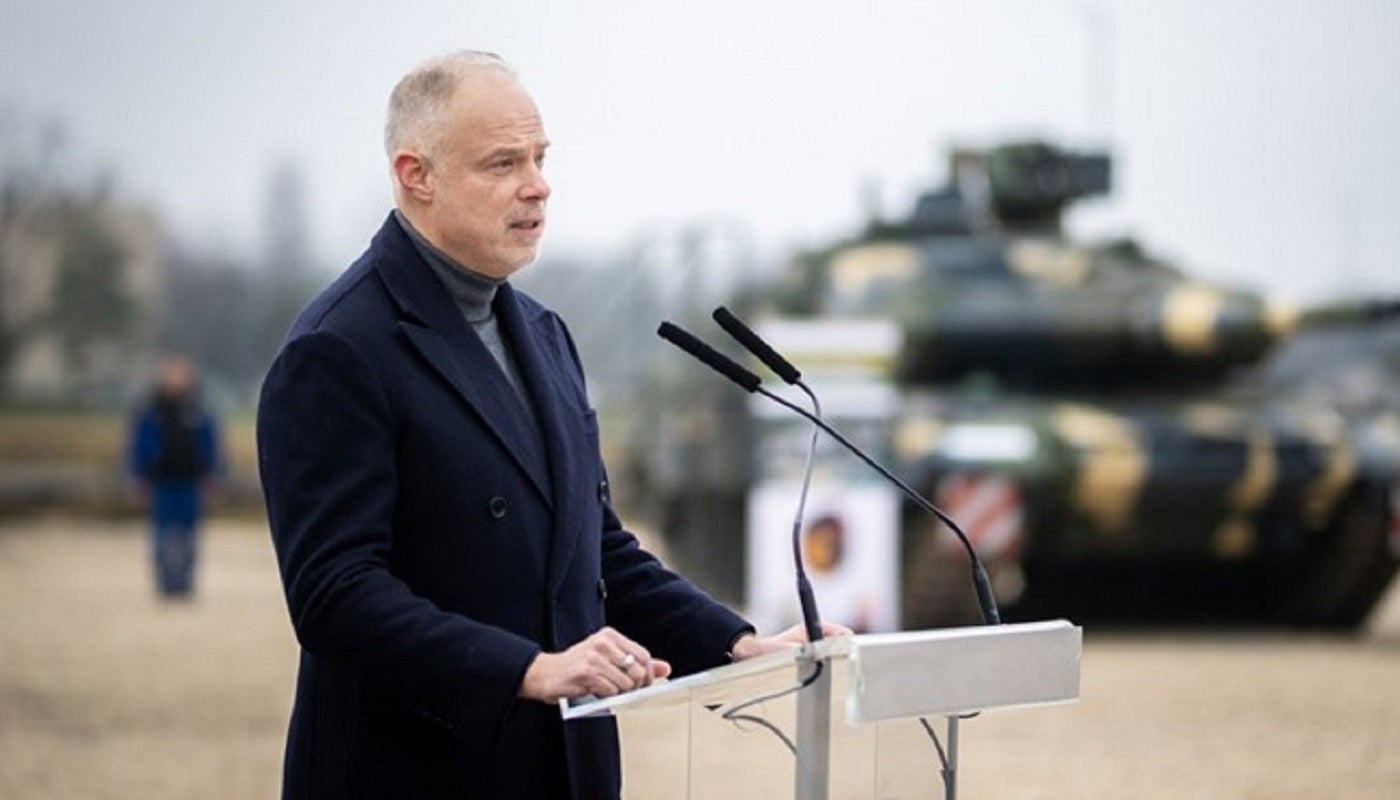
Hungary’s Defence Minister Kristof Szalay-Bobrovnivzky expressed interest in selling the country’s outdated military equipment to Serbia, their strategic partner and neighbour to the south, on 29 January 2024.
“It became possible to sell – up to a limit defined by law – military equipment and materials no longer used for national defence,” the Minister suggested.
The Central European republic is prompted to sell its old war materials as the Government is in the process of implementing a substantial modernisation of its armed forces.
“By selling these items we can also save on the storage of this equipment,” he pressed.
Some features of the modernisation programme involve strengthening the military’s capabilities through several important procurements.
These include the acquisition of 214 Lynx armoured vehicles, 44 Leopard 2A7+ main battle tanks (MBT), and 24 PzH 2000 howitzers, as well as KC-139 aircraft, H145M and H225M helicopters, and the National Advanced Surface-to-Air Missile Systems.
How well do you really know your competitors?
Access the most comprehensive Company Profiles on the market, powered by GlobalData. Save hours of research. Gain competitive edge.

Thank you!
Your download email will arrive shortly
Not ready to buy yet? Download a free sample
We are confident about the unique quality of our Company Profiles. However, we want you to make the most beneficial decision for your business, so we offer a free sample that you can download by submitting the below form
By GlobalDataHungary is also seeking to promote and invest in its national defence industry through several partnership deals with foreign defence companies.
In mid-December 2023, the country agreed to join the German systems supplier Rheinmetall in the development of the Panther KF51 MBT. Rheinmetall is co-operating in the project with the state-owned Hungarian holding company N7, which also holds a 49% stake in the joint venture Rheinmetall Hungary.
Strengthening the Serbian armed forces
Szalay-Bobrovnivzky’s statement followed a visit from the Serbian Minister of Defence Miloš Vučević to Budapest on 26 January 2024. The two met to discuss the strong political and military ties between their two countries.
“The Serbian Armed Forces will soon become stronger, particularly our armoured and mechanised units and air defence,” Vučević pointed out.
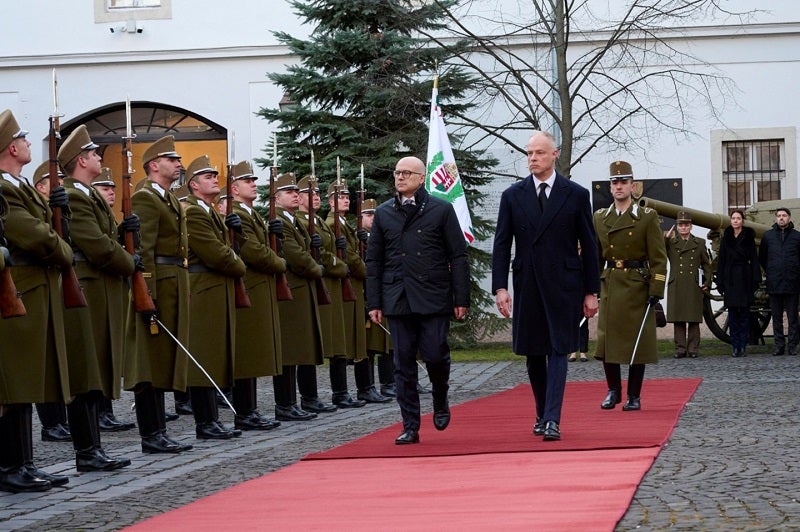
“Hungarian military equipment is arriving in Serbia. Things that are acceptable and compatible with our existing systems and that will make the Serbian Armed Forces stronger and Serbia safer.”
“A new era of co-operation [in] the exchange of military technology and equipment.”
Serbian Minister of Defence Miloš Vučević.
Hungary’s arms trade proposition is built on a year-long foundation since the two countries established a bilateral defence co-operation agreement, which Vučević suggested opened “a new era of co-operation [in] the exchange of military technology and equipment.”
He added: “I would like to thank… the Hungarian Government for supporting Serbia on its European path. We share the same values. We believe in the same Europe.”
This is concerning given that the European Parliament, only a week earlier, rebuked the Hungarian Government for its “deliberate, continuous and systematic efforts… to undermine the EU’s founding values.” It has filed a motion for a resolution to strip Hungary’s voting right and freeze EU funds to the Union’s largest recipient.
What enduring systems does Hungary have to offer?
The leading intelligence consultancy GlobalData lists a range of different land and air systems and platforms in Hungary’s inventory in a report entitled Hungary Defence Market, 2023-2028.
Hungary operates a range of different vehicles. Its western acquisitions include the US’ M1151 armoured multirole vehicles and Sweden’s JAS 39C trainer aircraft, all of which are more than a decade old. While its eastern assets, much of its inventory, are even older Soviet-era systems such as its variety of the MiG24 attack helicopters and numerous armoured fighting vehicles.
Given Hungary’s German Panther procurement, one ageing Hungarian platform may be ripe for Serbian picking. It currently operates 30 units of the T-72 M1, an export version of a Soviet MBT. While it is unknown when exactly Hungary acquired the fleet, the tank was originally in production in 1973 until 1985.
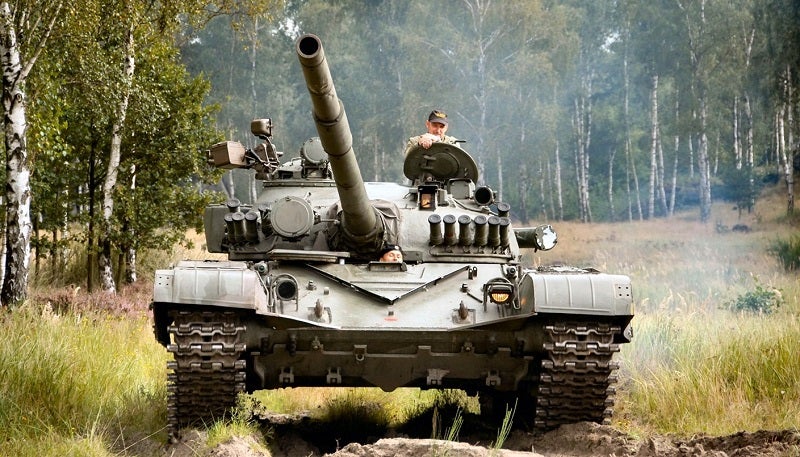
Russian machine-building company Uralvagonzavod offers a T-72 M1 upgrade that includes new 1,000 horsepower diesel engine; a new smoothbore 125-millimetre gun; a new fire control system with Sosna-U stabilised day and night sights for gunner and commander and digital ballistic computer; satellite navigation system; an explosive reactive armour package; and the Arena countermeasures system. The Czech Republic upgraded 30 of its fleet of T-72 M1 tanks to the T-72CZ standard. Likewise, in June 2002, the Polish company Obrum signed a contract with Rheinmetall to co-operate on the modernisation of Polish Army T-72s using Leopard 2 technology



